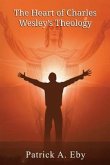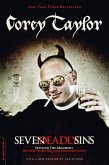This captivating study engages two of the most influential theologians of the twentieth century: Karl Barth, the Swiss Protestant theologian, who constructed his theology "from above" and engaged the powers in the background of Nazi Germany, and James H. Cone, the father of Black Theology in America, who constructed his theology "from below" and confronted white racism--the most intractable issue in America's history. In this three-volume project, Carr employs the aesthetic thinking of the jazz legend Thelonious Monk to reconceptualize, restructure, and advance the theologies of Barth and Cone. This second volume appeals to Monk's tune "Round Midnight" as the ground for articulating the meaning between Christ, the Cantus Firmus, and the social histories of Karl Barth and James Cone. Monk's encouragement to "improvise on the melody" is heard as the groundtone for a new form of christological reflection.
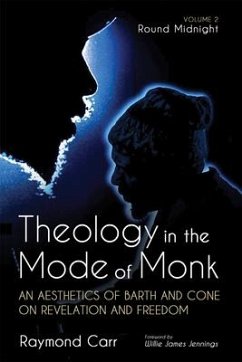
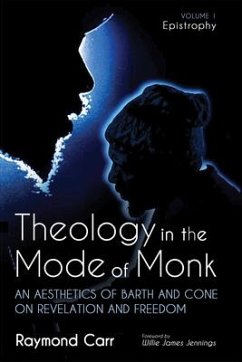
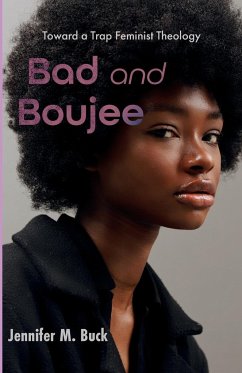
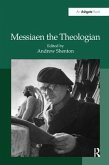
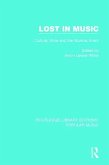
![Thelonious Monk: Early Gems [With CD (Audio)] Thelonious Monk: Early Gems [With CD (Audio)]](https://bilder.buecher.de/produkte/34/34390/34390381m.jpg)
